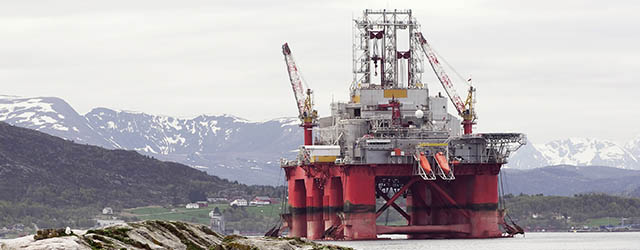Milestones | Norway

Low oil and gas prices have sparked concern in Norway. The head of the Norwegian Petroleum Directorate called an emergency meeting with top government and central bank officials in early January to discuss the potential fallout. It was the first such consultation since the global financial crisis of 2008, marking a pivotal moment in the economy of one of the most oil-dependent countries in the world. Bente Nyland, director general of the NPD, which is responsible for the long-term management of the country’s natural resources, warned that low oil and gas prices could mean capital discipline or tightening, and, for some workers, layoffs and uncertainty.
Norway has been hit hard by the slump in crude revenues. With prices less than half the level of a year ago, the NPD estimates that national oil companies will reduce their capital expenditure by 15% in 2015 and by 8% in 2016, a forecast that may be adjusted downward if the decline in prices gathers momentum. All the while, the Norwegian krone opened the year dipping to a 12-year low against the dollar, deepening concerns among Norwegians.
So far, the government has downplayed the need for extra fiscal stimulus. Finance minister Siv Jensen has emphasized that the country is not facing “a crisis.” Espen Erlingsen, analyst at Oslo-based oil consultancy Rystad Energy, tends to agree: “The Norwegian government is very well positioned to sustain lower oil prices because of its national oil fund. What we can expect are different public investment projects as a response to lower activity within the oil and gas industry. Moreover, the reduced value of the Norwegian currency will improve the competitiveness of other export industries.”
Erlingsen is not the only one seeing an upside to the current economic environment. “We have too many eggs in one basket,” says Torbjørn Kjus, an oil analyst at DNB Markets: “Many politicians have argued that Norway should twist its economy gradually away from the oil sector. The slump in prices seems to be pushing towards this adjustment in the economy, helping our other export industries like fish and aluminum.” However, Kjus continues, the transition process will not be without pain: “Unemployment rates are set to increase in the coming two years.” With one of 11 workers employed in businesses linked to the oil sector, politicians will have a hard time convincing Norwegians that they are not facing a crisis.



